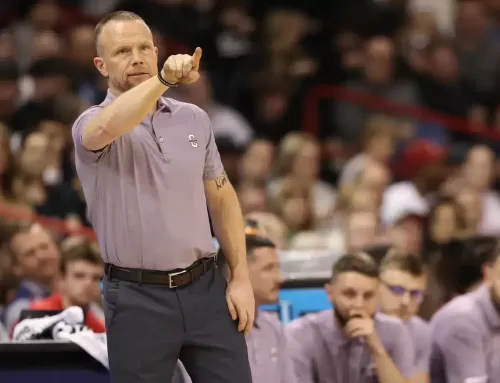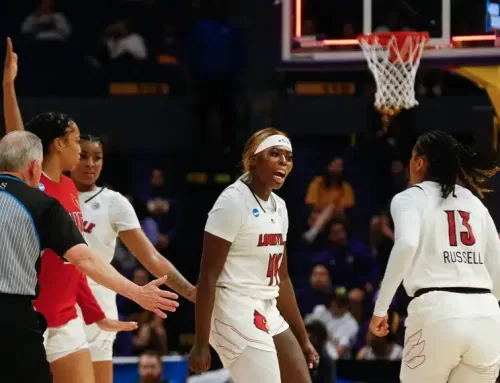By Rachel Osterhues
Three University of Louisville engineering students recently unveiled their new video game, “Pandemic,” which aims to educate people about HIV and AIDS.
The inventors of the game, operating under the name Team Mintrus, are Matthew Dahl, Quinn Johns and Rick Paris. They are joined by Kazuna Nakama, a student from Tribeca Flashpoint Media Arts Academy in Chicago, Ill.
Johns, a senior computer engineering and computer science major, said the idea for the game came from the story of a real-life AIDS survivor.
“We came up with our idea after I read an article…about a man who has been cured of AIDS in Germany via stem cell injection,” said Johns. “This got me thinking how big of a pandemic AIDS is and how, even though most people know of it, they don’t know a lot about it.”
According to Johns, the team first had to decide how the game would be formatted.
“The idea of making it a tower defense game was because we all really enjoy tower defense games and they are great mobile platforms,” said Johns. “We spent countless hours designing, programming, tweaking and polishing the game.”
In a tower defense game, players must first build their tower fortress and then defend it against an onslaught of coming attackers. In “Pandemic,” players act as white blood cells and carry out the human body’s immune response to HIV and AIDS.
“The most influential part of the game is the characters you save and the information about their different cases of AIDS – how they obtained it, how it can be treated to slow it down,” said Dahl, a junior computer engineering and computer science major.
Rammohan Ragade and Dar-Jen Chang, professors of computer engineering and computer science, served as co-advisers to the students. According to Ragade, the educational benefits of “Pandemic” are very important.
“The players can get educated on how the defenses work inside the human body at different stages of the disease,” said Ragade. “They also get briefed on many ways in which a person acquires the disease.”
Team Mintrus took their game to Seattle, Wash. to compete in the United States Imagine Cup Finals, from April 8-11. The team finished second in the People’s Choice contest, a competition where voters chose their favorite project.




